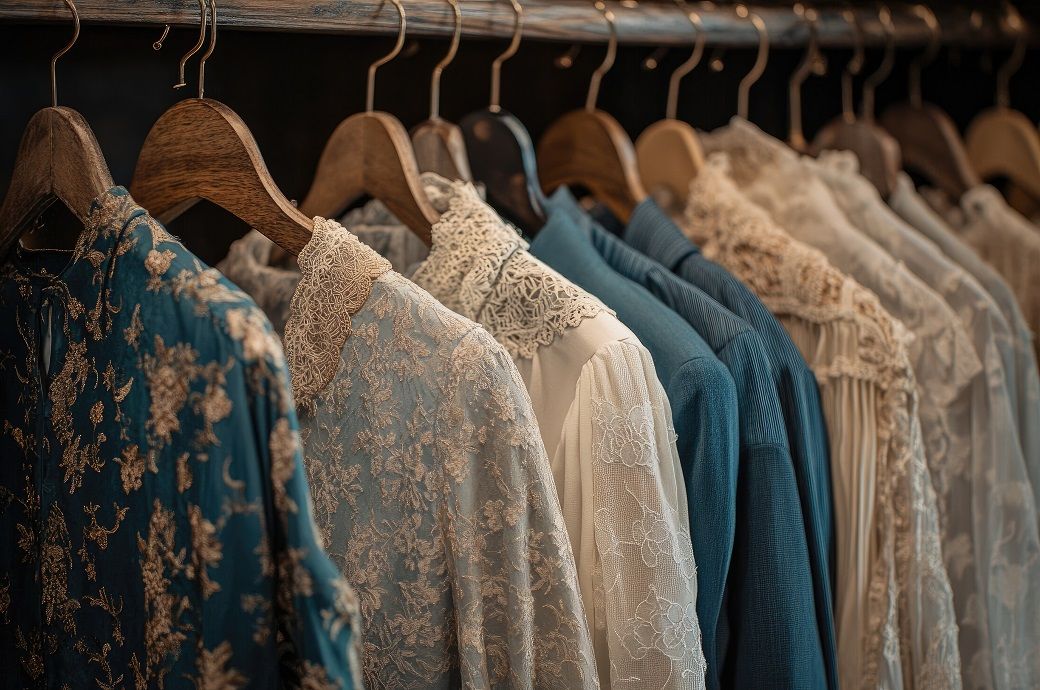Fashion
Authorities Go for Gold on Fake Fashion Enforcement as Paris Olympics Begin | Retail & Consumer Products Law Observer

France is ramping up its enforcement efforts against counterfeit fashion as the 2024 Paris Olympics open. As it readied Paris for the Olympics, France reinforced existing efforts to dissuade consumers from purchasing and carrying knockoff goods and to target the vendors of these goods. In anticipation of a flood of tourists for the 2024 summer games, the French government has placed notices at its airports, warning consumers of the significant penalties they may face from buying and wearing counterfeit clothing and accessories, up to a €300,000 fine and three years’ imprisonment. It has also conducted raids on vendors selling counterfeit items, including an early April one where police shuttered almost a dozen sellers and seized 63,000 counterfeits, including bags and shoes, at the famed Saint-Ouen flea market.
In the past several years, both the counterfeiting industry and efforts to stymie it have grown significantly. In a January 2024 report, the European Union Intellectual Property Office estimated that due to the rise in counterfeiting activities genuine fashion companies in the European Union lost an average of almost 12 billion euros annually from 2018 to 2021— making up 5.2% of all clothing sales in the E.U. In the United States, the counterfeiting industry was worth an estimated $3 billion in 2023 alone. At the same time, French customs increased its seizure of counterfeit products by 78% between 2022 and 2023, confiscating 20.5 million products last year. The United States seized more than 23 million goods with an estimated value of $2.76 billion in 2023, nearly double both the number and value of goods seized in 2020.
In view of the rampant rise of fake fashion and the significant losses genuine fashion companies suffer as a direct result, it is unsurprising that European and U.S. customs agents are cracking down on counterfeits brought back from travels. These goods are being targeted across Europe, and are also subject to seizure at United States airports. In addition to lost profits, authorities cite safety concerns and other illegal activity associated with the sale of counterfeit products.
Brands can take advantage of this renewed focus on counterfeits by ensuring that their copyright and trademark registrations are recorded with customs bureaus in countries where they make or sell products, particularly in Europe and the U.S. And, in addition to conducting their own monitoring and enforcement, brands can focus on consumer education, in particular by informing consumers of risks associated with counterfeits, listing authorized dealers or distributors, and explaining how consumers can determine if a product is real or fake.








